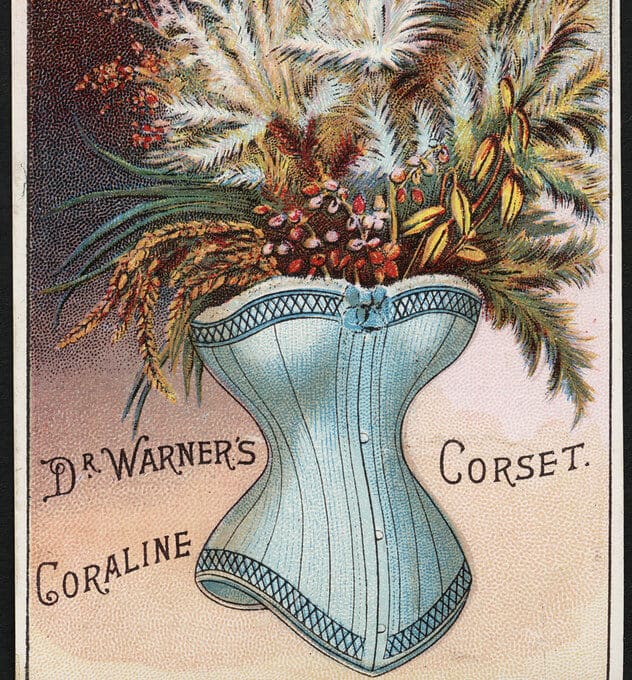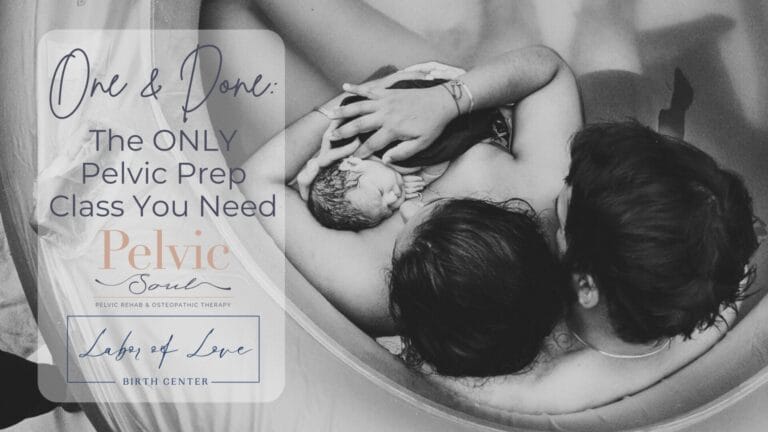Thinking About Using a Waist Trainer or Belly Binder? Here's What You Should Know First.

Why Do You Need to "Train" Your Waist?
Depending on the “why” behind your choice to use a waist trainer, the right product for you can vary greatly.
Below are few situations you may find yourself in:
- You’re a runner or participate in other high intensity sport – High intensity activity can put a lot of downward pressure on your pelvic floor. Additional support to your core and pelvic floor is recommended even in athletes who’ve never been pregnant or given birth. Here is an example of a compression garment that may make running easier on your pelvic floor.
- You’re pregnant and having pelvic or low back pain – With the added load on your pelvic joint and muscles from the weight of the growing baby, placenta and amniotic fluid, rates of pain and pelvic floor dysfunction climb. Besides pelvic floor and core strengthening, pelvic support garments can make your third trimester a lot more comfortable. Support belts like this one by CMT medical or this one on Amazon can give you the support you need to be pain and leak free.
- You’re postpartum and want to look/feel sexy again – Your average waist trainer or department store shapewear should do the trick. Word of caution – try to limit use of shapewear as they’re built for aesthetics and not support. Usually these garments will excessively push in your abdominal organs increasing pressure on the pelvic floor. This can make your leakage or prolapse issues worse.
Are There Any Downsides to Using Them?
Yes, definitely. Most shapewear and non-medical compression garments teach you to “suck-in” your stomach. Besides creating a pressure overload on your pelvic floor, it can actually interfere with your core working well.
To regain their function, abdominal muscles have to learn to fully expand/relax and fully contract/tighten. Overuse of shapewear can teach your abdominal muscles to be in a sucked-in or tightened position – which then leads to difficulty relaxing or expanding completely. This can be a major hurdle to overcome if you’re trying to heal a postpartum Diastasis.
Can They Help Heal a Diastasis or Lose Weight Postpartum?
The consensus in the Women’s Pelvic Health community is that a binder can help provide additional support and possibly help with Diastasis closure in the first 6-8 weeks after giving birth. After this time, it doesn’t do much for muscle recovery and may actually be a disadvantage.
Waist trainer can definitely help you curb your appetite by limiting stomach expansion during a meal, but most nutrition and diet experts will agree that there are healthier ways to shed the pounds.
For more info on healing your core postpartum, check out our blog post on Diastasis-Centered Fitness Programs.
If you’re pregnant or postpartum and want to build a strong core & pelvic floor before dysfunction sets in, check out our Facebook Events Page for our One & Done: The ONLY Pelvic Prep Class You Need.
You can use your FSA/HSA benefits to reserve your seat!

Stay Informed, Stay Healthy!
Products recommend are based on reviews from personal use or from colleagues & clients. Please use personal judgement, and medical advice when necessary, prior to purchase. Sujata Martin, MS OTR/L bears no responsibility for dissatisfaction from purchase/use of product listed on this post.







